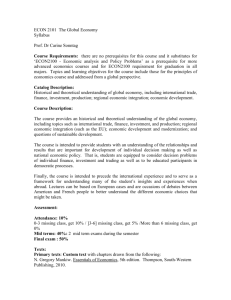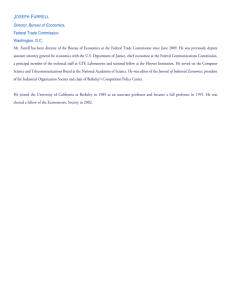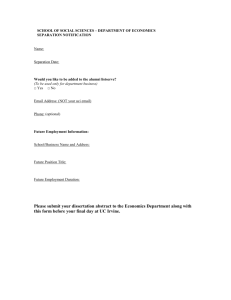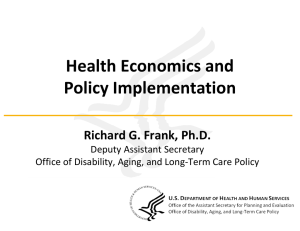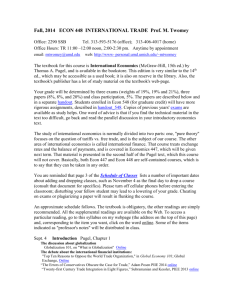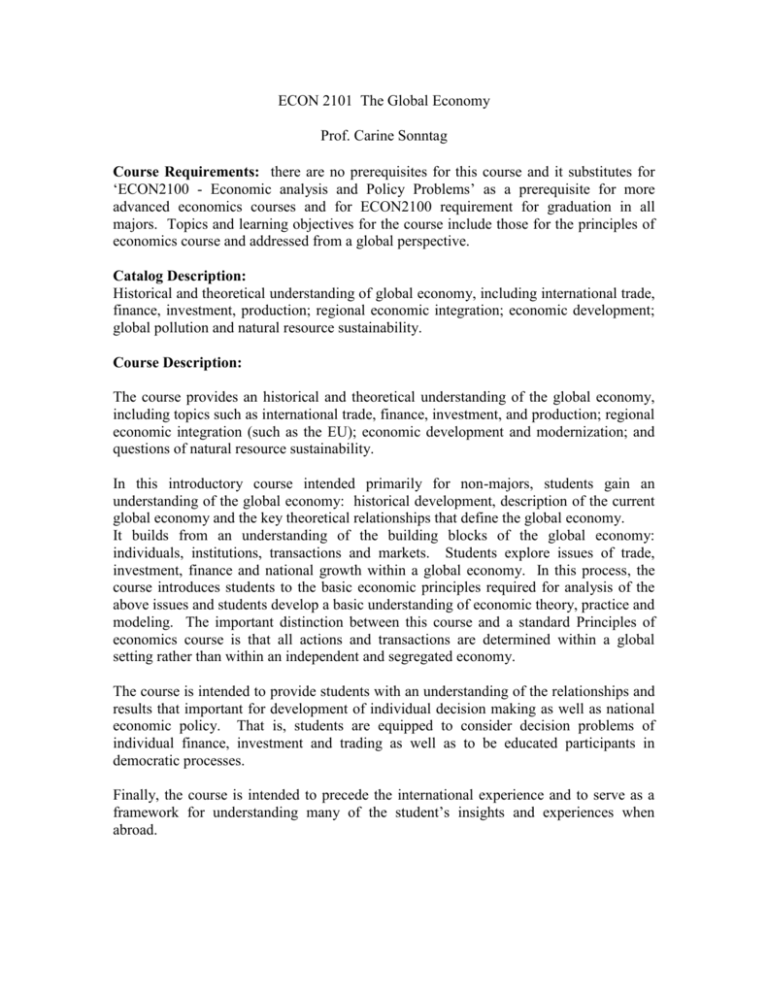
ECON 2101 The Global Economy
Prof. Carine Sonntag
Course Requirements: there are no prerequisites for this course and it substitutes for
‘ECON2100 - Economic analysis and Policy Problems’ as a prerequisite for more
advanced economics courses and for ECON2100 requirement for graduation in all
majors. Topics and learning objectives for the course include those for the principles of
economics course and addressed from a global perspective.
Catalog Description:
Historical and theoretical understanding of global economy, including international trade,
finance, investment, production; regional economic integration; economic development;
global pollution and natural resource sustainability.
Course Description:
The course provides an historical and theoretical understanding of the global economy,
including topics such as international trade, finance, investment, and production; regional
economic integration (such as the EU); economic development and modernization; and
questions of natural resource sustainability.
In this introductory course intended primarily for non-majors, students gain an
understanding of the global economy: historical development, description of the current
global economy and the key theoretical relationships that define the global economy.
It builds from an understanding of the building blocks of the global economy:
individuals, institutions, transactions and markets. Students explore issues of trade,
investment, finance and national growth within a global economy. In this process, the
course introduces students to the basic economic principles required for analysis of the
above issues and students develop a basic understanding of economic theory, practice and
modeling. The important distinction between this course and a standard Principles of
economics course is that all actions and transactions are determined within a global
setting rather than within an independent and segregated economy.
The course is intended to provide students with an understanding of the relationships and
results that important for development of individual decision making as well as national
economic policy. That is, students are equipped to consider decision problems of
individual finance, investment and trading as well as to be educated participants in
democratic processes.
Finally, the course is intended to precede the international experience and to serve as a
framework for understanding many of the student’s insights and experiences when
abroad.
Texts:
Primary texts:
Mankiw, Essentials of economics, Mc Graw Hill, 4th edition.
Custom text with chapters drawn from the following:
Lieberman, Marc and Robert Hall. Introduction to Economics. SouthWestern, 2000.
Reinert, Kenneth. Windows on the World Economy.
Publishers, 2004.
South-Western Thomson
Pindyck, Robert S. and Rubinfeld Daniel L. Microeconomics, 6th edition, Pearson
Prentice Hall, 2005.
Pugel, Thomas A. International Economics, 12th ed. Irwin-McGrawHill, 2004.
Custom Readings for discussion and experience-based learning (used with special
exercises designed for this course) to include readings and selections from:
Mokyr, Joel. The Lever of Riches: Technological Creativity and Economic Progress.
Oxford University Press, 1990
Relevant articles from Wall Street Journal, Economist and other Professional
Publications.
Data Sources and analytical articles from World Bank, IMF, Economic Report of the
President, etc.
Course Outline:
I.
Basic Economic Principles
a. The roles of markets and prices in an economy
b. The nature and causes of trading and transactions
i. Characteristics of buyers
1. Non price determinants of demand and their changes
2. Elasticity
3. Characteristics of underlying demand; segmenting the
demand curve
ii. Characteristics of sellers
1. Non Price determinants of supply and their changes
2. Elasticity
II.
National Economies
a. Characteristics of national supply: economics of the firm
i. Fixed and variable cost
ii. Production functions
iii. Economies of scale
b. Industry structure: perfect competition and less than perfect competition
c. Markets, competition and national prosperity
III.
Global Economics
a. International production
b. Nations and the opening of trade
i. Comparative advantage and trade
ii. Sources of international comparative advantage
iii. Globalization and labor migration
c. International Institutions (WTO, trade negotiations)
IV.
Industry structure and competition
a. Perfect competition
b. Less than perfect competition
c. Markets, competition and national prosperity
V.
Deviations from perfect, competitive trade
a. Tariffs and non tariff barriers
b. The politics of protectionism
c. Export subsidies
d. Economic cartels
VI.
Trading Blocks
a. EU Experience
b. NAFTA
VII.
Trade and the Environment
a. Externalities and the Commons Problem
i. Trans-border pollution
ii. Global approaches to environmental pollution
b. Trade and National Economic Development
i. Manufacturers vs. primary producers vs. service providers
ii. Rich countries/poor countries
VIII.
Financial sector and the creation of financial securities
a. Financial securities for financing trade and exchange
b. Financial securities for cross border investing
c. National and global financial institutions
IX.
Money, national money and payments between nations
a. The values of national monies
i. Monetary Theory
ii. Institutional context of central banks
iii. Factors influencing central banks
b. Exchanging monies – foreign exchange
i. Markets for foreign exchange
1. Equilibrium relationships and market institutions
2. Prices in the context of global markets (Purchasing Power
Parity)
c. The balance of payments
i. Capital flows, balance on securities trade
ii. Trade flow, balance on trade
Globalization of the financial sector
a. Purchasing Power Parity for securities-Interest Rate Parity
b. Interest Rate Parity and forward foreign exchange rates
X.

